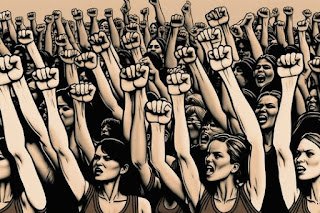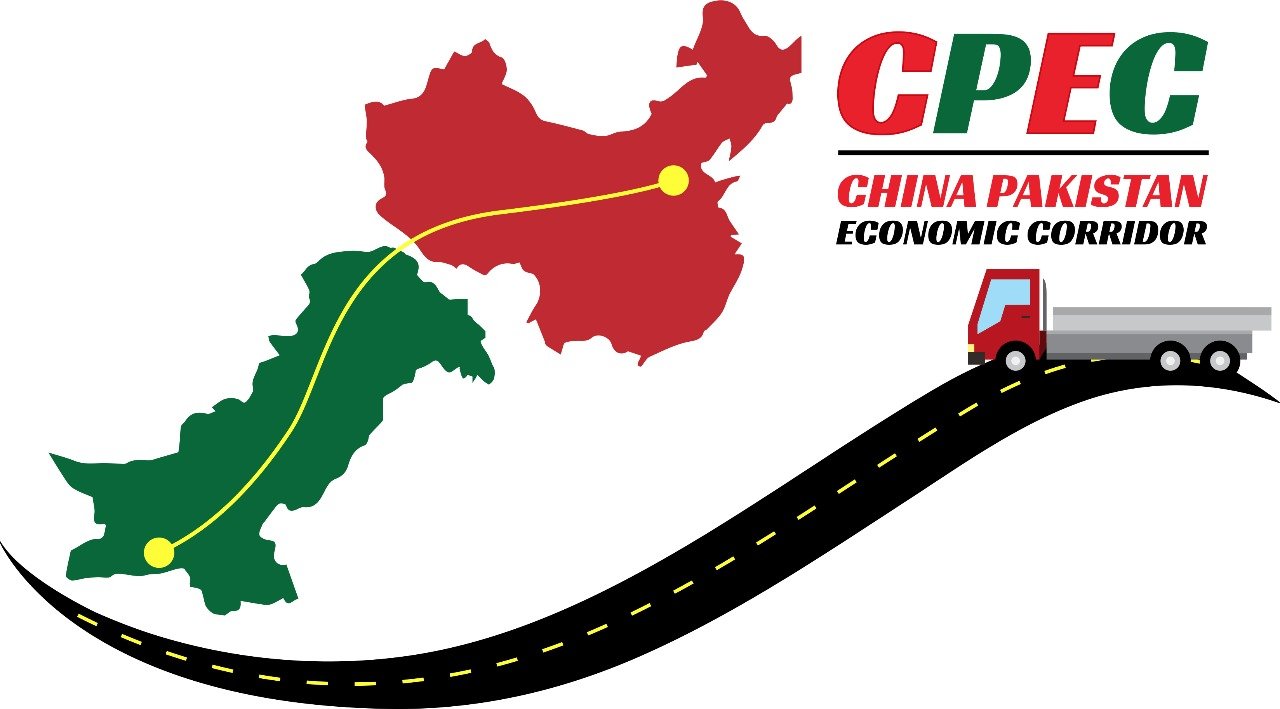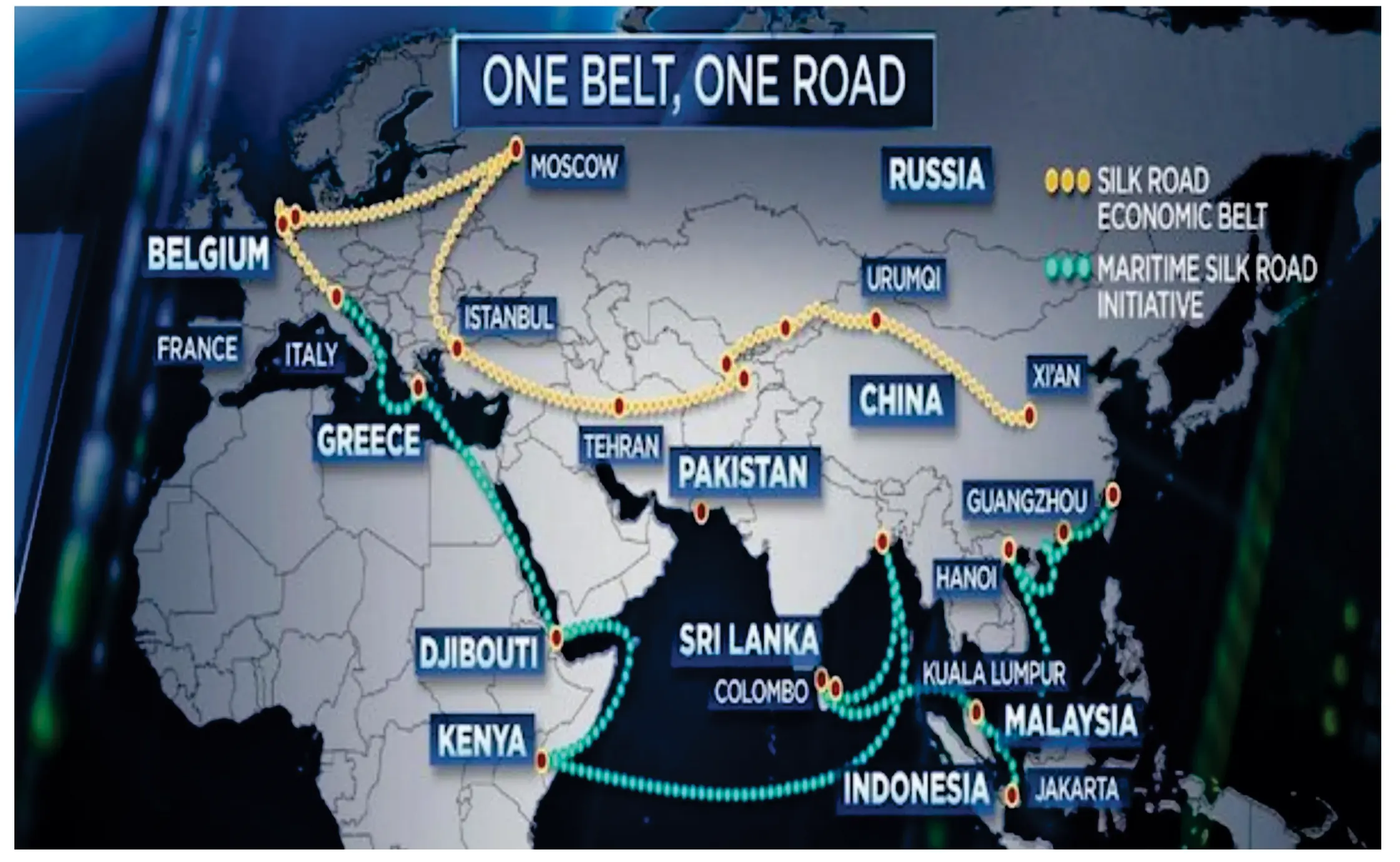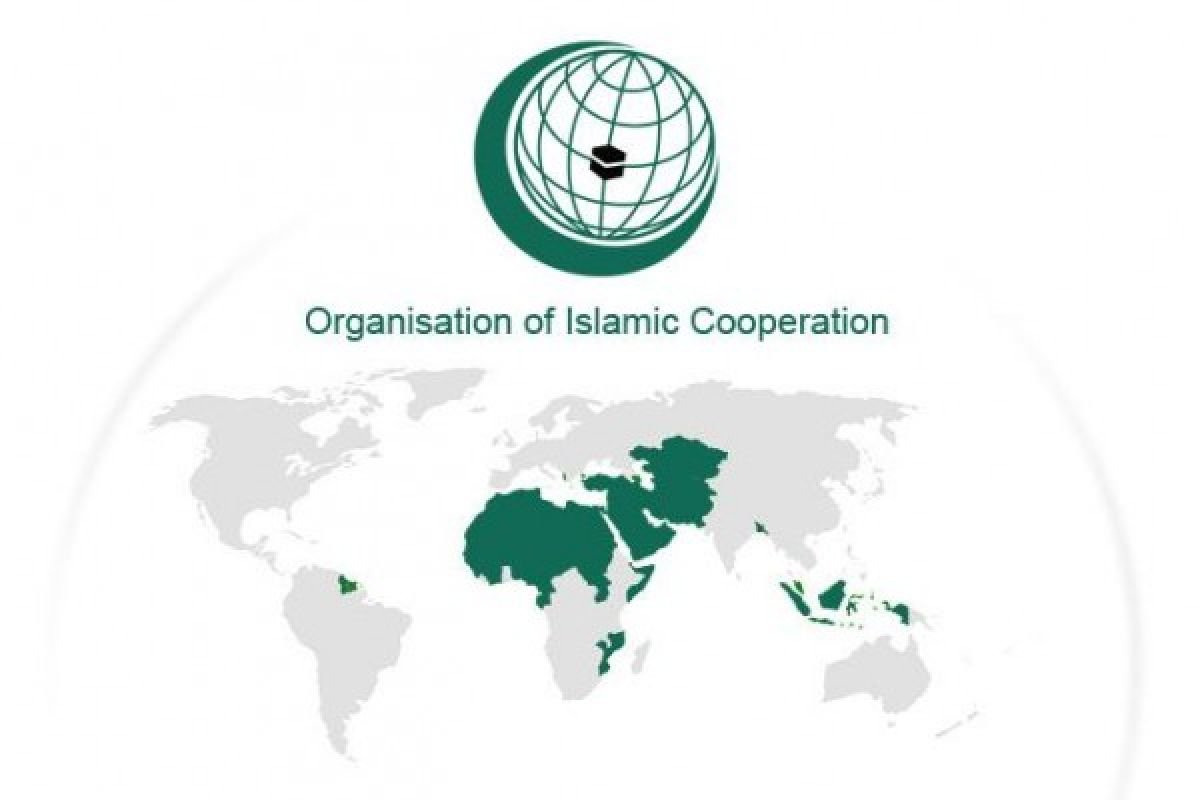
The legal system in Pakistan is essential to maintaining gender equality and defending the rights of women. Nonetheless, the nation still faces formidable obstacles when it comes to resolving violence against women and discrimination based on gender inside the legal system. This article explores the state of women’s rights in Pakistan’s legal system, emphasizing women’s ongoing struggles as well as their achievements.
Legal Protections:
The Constitution and legal system of Pakistan include certain safeguards for women’s rights, such as prohibitions on discrimination on the basis of gender. Gender-based violence is addressed and women’s rights are protected by laws like the Protection of Women against Harassment at Workplace Act and the Acid Control and Acid Crime Prevention Act. The Criminal Law (Amendment) Act of 2016 also strengthened the punishments for honor killings, which is a big step in the fight against this horrible crime.
Problems with Implementation:
Although women’s rights laws in Pakistan are protected by the law, there are still significant problems with their implementation. Cultural customs, patriarchal viewpoints, and a dearth of enforcement tools frequently make it difficult for women to get justice and make it more difficult to prosecute those who commit acts of gender-based violence. Women frequently encounter obstacles when trying to report crimes because they are afraid of reprisals or social shame, which makes them even more vulnerable.
Legal Discrimination:
In Pakistan, women are still subjected to discrimination under the law in a number of areas, such as family laws, inheritance, and property rights. Enacted in the 1980s, the Hudood Ordinances severely punished adultery and rape, disproportionately harming women and resulting in injustices. Even while these discriminatory laws have undergone some changes, there are still obstacles in the way of completely doing away with them and guaranteeing women’s equal legal rights.
Legal Aid and Support:
Addressing gender-based violence and discrimination requires efforts to increase women’s access to legal aid and support services. Legal aid clinics, women’s shelters, and hotlines offer vital support to women who are seeking justice and safety from mistreatment. Nevertheless, these agencies frequently struggle with funding and don’t have enough resources to fully serve the needs of all the women who are impacted by gender-based violence.
In conclusion, women’s rights have advanced inside Pakistan’s legal system despite certain obstacles. More accountability for those who commit acts of gender-based violence against women and a stronger acknowledgement of women’s rights have resulted from legislative reforms, advocacy campaigns, and awareness-raising campaigns. However, persistent work is required to remove structural obstacles and guarantee that Pakistani women can fully exercise their legal rights without worrying about prejudice or violence.
article on women empowerment, article on womens right in legal system of pakistan, humra saleem articles, womens rights article





